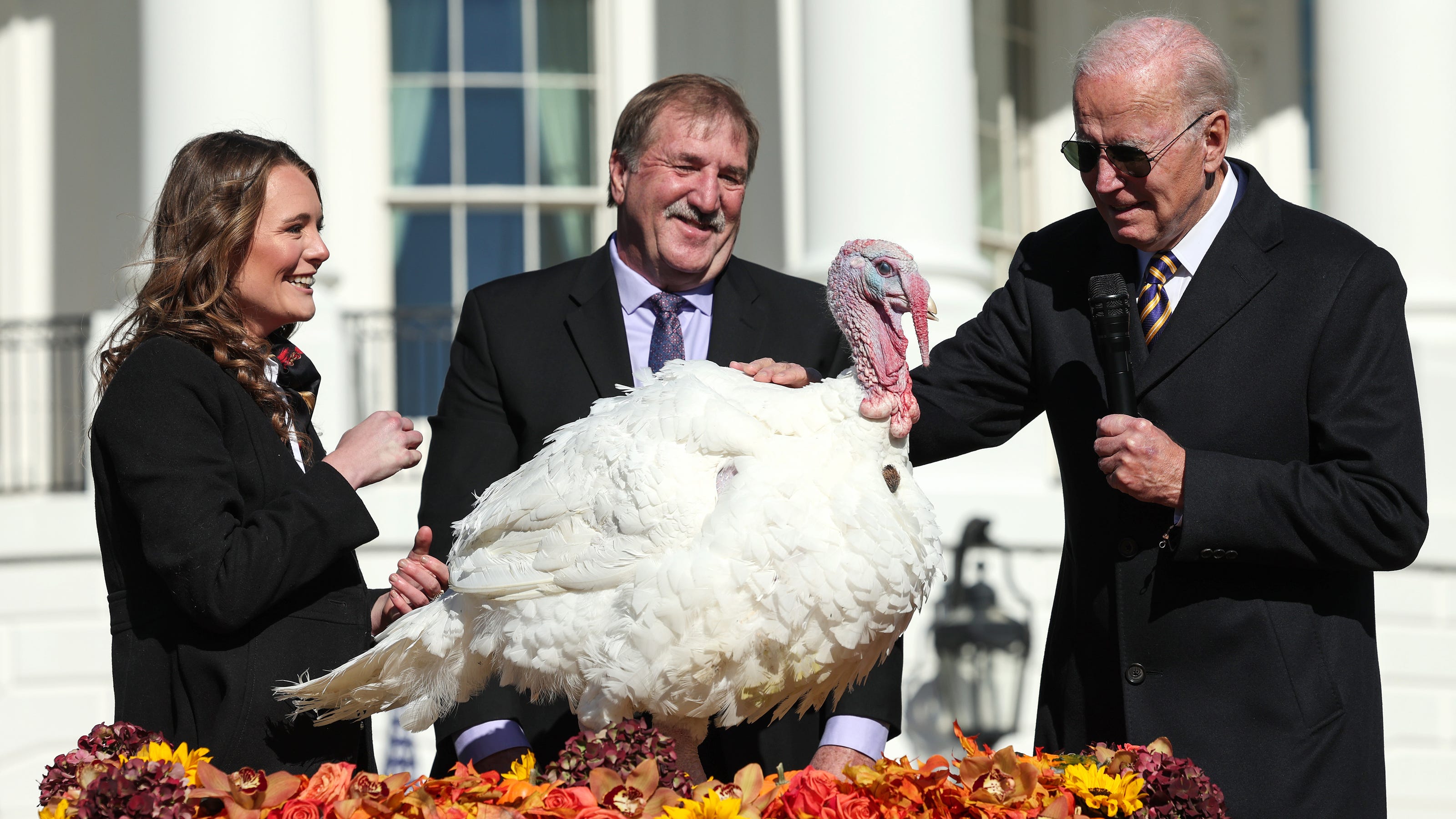Don’t Justify Biden’s Proposed Preemptive Pardons By Blaming Trump
In a controversial move, President Biden is considering issuing preemptive pardons to individuals who may be prosecuted for their involvement in the January 6th Capitol riot. While some argue that this is a necessary step to prevent future violence, others fear that it could set a dangerous precedent and undermine the rule of law.
Arguments for Preemptive Pardons
Those who support preemptive pardons argue that they are necessary to prevent future violence and protect individuals who were swept up in the events of January 6th without any malicious intent. They point to the fact that many of those who stormed the Capitol were not members of extremist groups and were simply caught up in the moment. They also argue that the pardons would help to heal the country and move forward from the divisions of the past.
Arguments Against Preemptive Pardons
Opponents of preemptive pardons argue that they would set a dangerous precedent and undermine the rule of law. They point to the fact that the individuals who stormed the Capitol committed serious crimes and should be held accountable for their actions. They also argue that pardoning these individuals would send the message that violence is tolerated and would make it more likely that similar events would occur in the future.
Different Perspectives
The issue of preemptive pardons is a complex one with no easy answers. There are valid arguments to be made on both sides of the issue. Ultimately, it is up to President Biden to decide whether or not to issue pardons, and he will need to weigh the potential benefits and risks of doing so.
Perspective 1: Preemptive Pardons Are Necessary
Those who support preemptive pardons believe that they are necessary to prevent future violence and protect individuals who were swept up in the events of January 6th without any malicious intent. They point to the fact that many of those who stormed the Capitol were not members of extremist groups and were simply caught up in the moment. They also argue that the pardons would help to heal the country and move forward from the divisions of the past.
Perspective 2: Preemptive Pardons Are Dangerous
Those who oppose preemptive pardons argue that they would set a dangerous precedent and undermine the rule of law. They point to the fact that the individuals who stormed the Capitol committed serious crimes and should be held accountable for their actions. They also argue that pardoning these individuals would send the message that violence is tolerated and would make it more likely that similar events would occur in the future.
Evidence and Examples
There is evidence to support both sides of the argument for preemptive pardons. For example, a study by the RAND Corporation found that pardoning individuals who committed nonviolent offenses during the January 6th riot could help to reduce the risk of future violence. However, another study by the Cato Institute found that pardoning these individuals could send the message that violence is tolerated and could make it more likely that similar events would occur in the future.
There are also real-life examples of both the benefits and risks of preemptive pardons. For example, the pardon of Richard Nixon by President Gerald Ford has been credited with helping to heal the country after the Watergate scandal. However, the pardon of Marc Rich by President Bill Clinton has been criticized for undermining the rule of law.
Conclusion
The issue of preemptive pardons is a complex one with no easy answers. There are valid arguments to be made on both sides of the issue. Ultimately, it is up to President Biden to decide whether or not to issue pardons, and he will need to weigh the potential benefits and risks of doing so.
In my opinion, the potential risks of issuing preemptive pardons outweigh the benefits. I believe that it is important to hold individuals who commit crimes accountable for their actions, and that pardoning them would send the wrong message. I also believe that it is important to respect the rule of law, and that issuing preemptive pardons would undermine this principle.
However, I understand that there are those who believe that preemptive pardons are necessary to prevent future violence and heal the country. I respect their views, but I do not agree with them.

